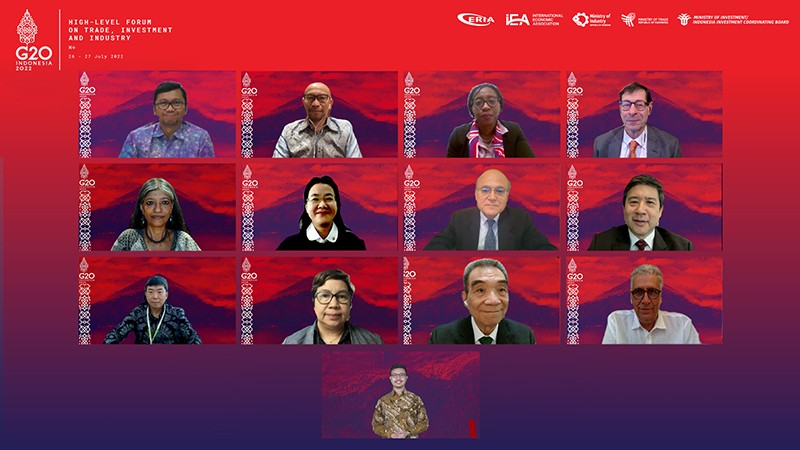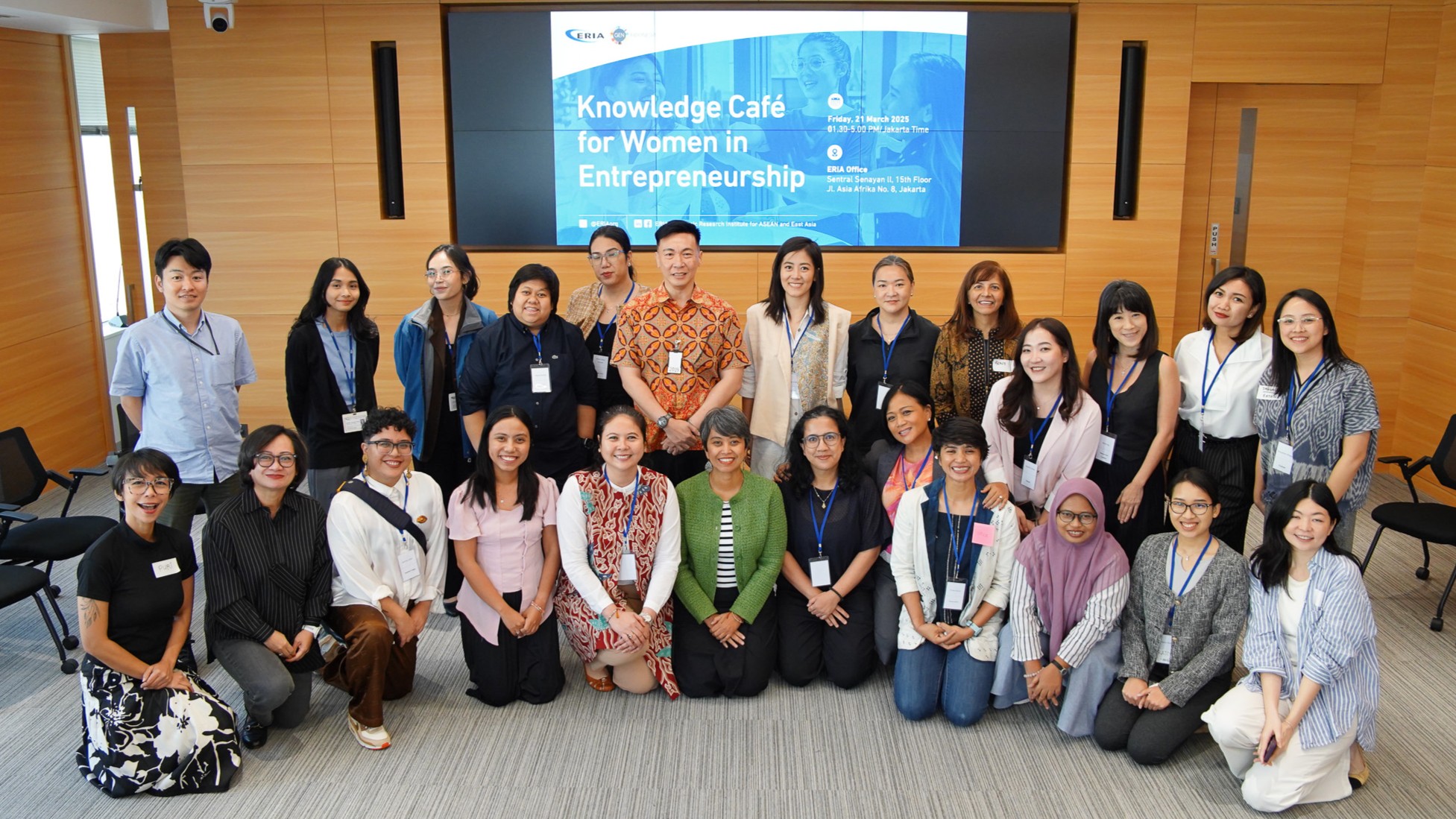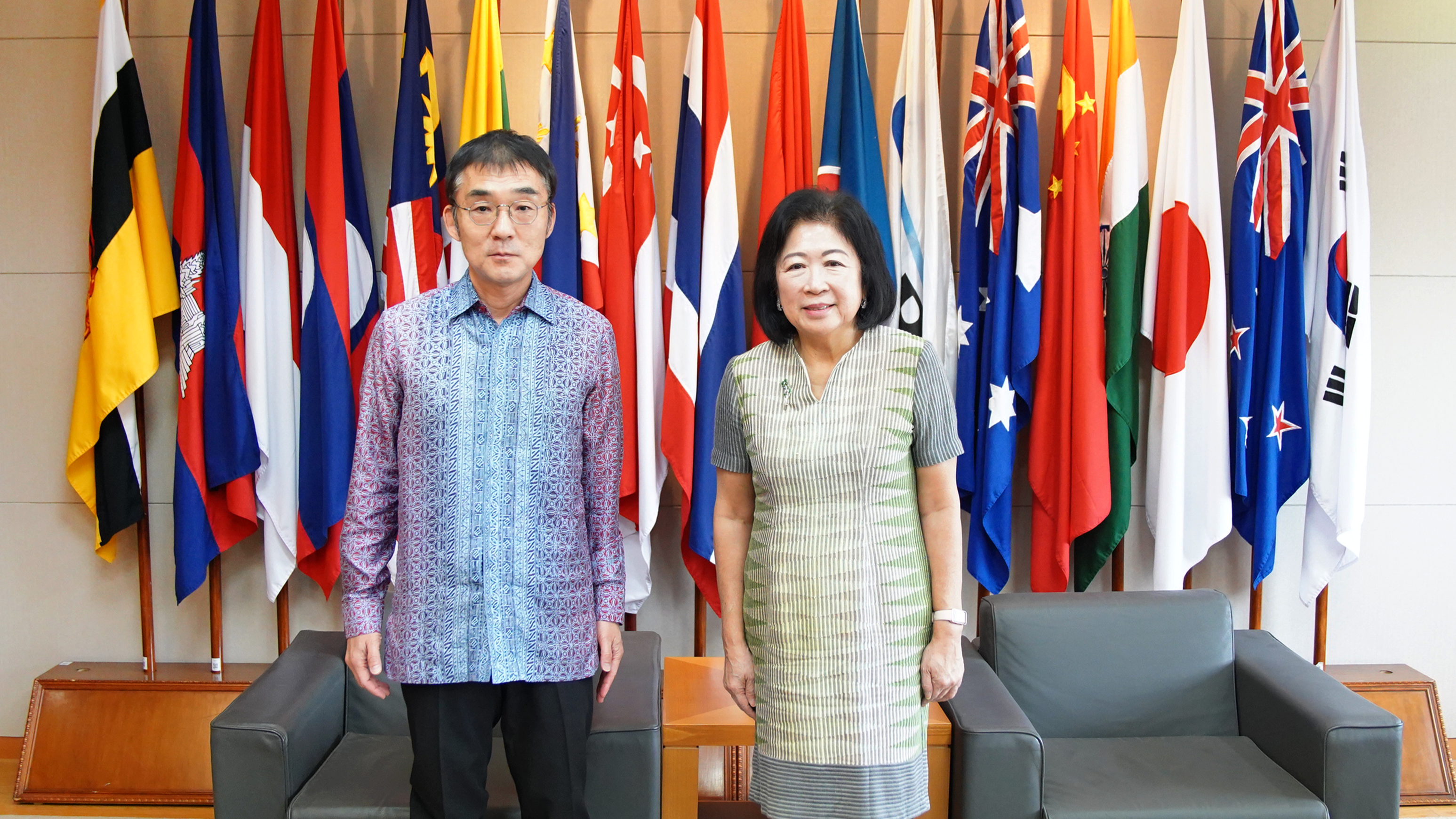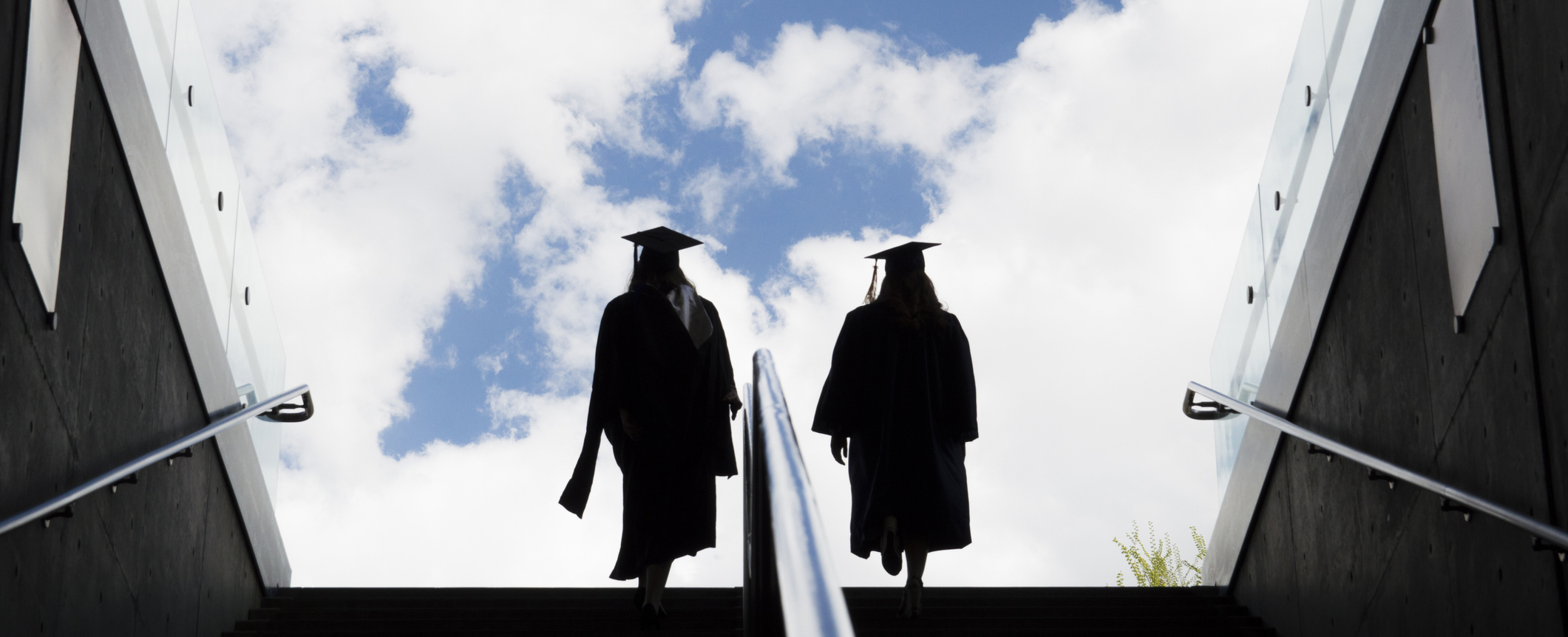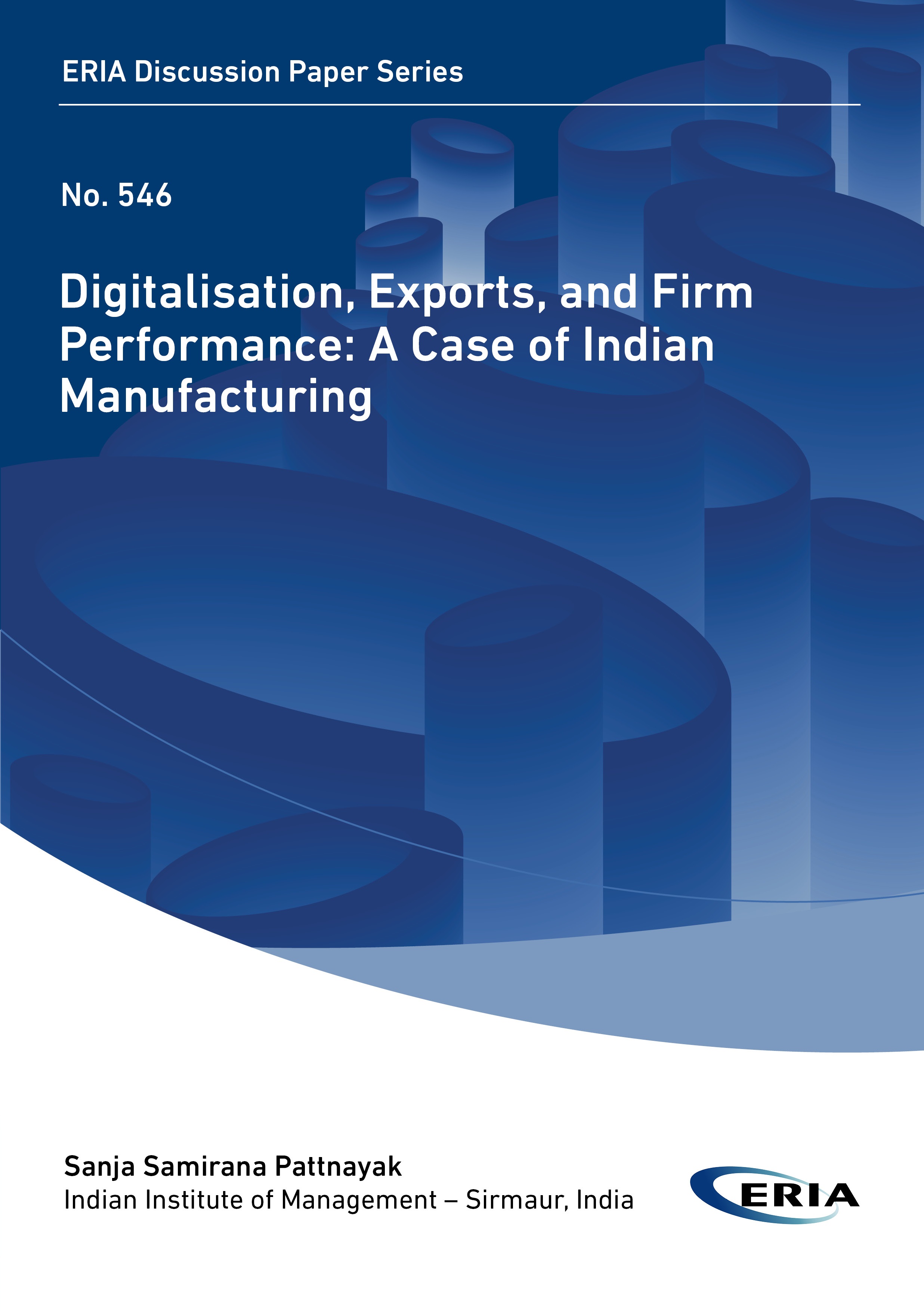G20 High-Level Forum on Trade, Investment, and Industry: New Normal, New Technologies, New Financing
Date
27 July 2022Category
WebinarShare Article:
Print Article:
Jakarta, 27 July 2022: The Economic Research Institute for ASEAN and East Asia (ERIA) co-hosted a G20 High-Level Forum (HLF) on Trade, Investment, and Industry with the International Economic Association (IEA), the Ministry of Industry of the Republic of Indonesia, the Ministry of Trade of the Republic of Indonesia, and the Ministry of Investment of the Republic of Indonesia (BKPM) on July 26 and 27, 2022. On the second day, the theme of the sessions was taken from the G20 Report titled ‘New Normal, New Technologies, New Financing’, edited by Dr Lili Yan Ing, Lead Advisor of ERIA, and Professor Dani Rodrik, President of IEA.
The first panel was chaired by the former Minister of Finance of the Republic of Indonesia, Dr Chatib Basri, focusing on global economic recovery issues. The panelists of this session, including Dr Vera Songwe of the United Nations Economic Commission for Africa, Professor Maurice Obstfeld of the University of California Berkeley, and Professor Jayati Ghosh of the University of Massachusetts Amherst, each came up with recommendations for the G20. Dr Songwe highlighted the importance of a facility focused on liquidity and sustainability that can help Africa to improve market access as well as the importance to strengthen energy transition in the future. Professor Obstfeld recommended that the G20 improve cooperation and create a common framework, particularly for debt treatments beyond the Debt Service Suspension Initiative (DSSI). Regarding the global recovery spending, Professor Ghosh pointed out that such spending should be broad-based and cover all countries in the world, while also recognizing all important aspects, including environmental and inequality issues. ‘We have to work on unitary taxation of MNCs based on formulaic apportionment and a global asset register to enable wealth taxation,’ Highlighted by Professor Ghosh.
This second panel focused on the importance, opportunities, and threats of digital transformation. ERIA’s Dr Lili Yan Ing was a panelist in this session, accompanied by Dr Zia Qureshi of Brookings Institute and Dr Albert Park of the Asian Development Bank. Dr Ing highlighted several important recommendations for digital transformation that the G20 needs to implement including existing commitments for digital transformation and digital trade as well as improving the quality of privacy and competition law. ‘The G20 should promote efforts to improve preparedness of the people to reduce digital divide within and across countries. This call for the G20 better cooperation in providing necessary incentives and supports for technology adoption for developing countries,’ Dr Ing added.
Furthermore, in the second session, Dr Qureshi urged the importance of government to support public R&D on technology and improved digital skills to foster digital sectors. Government can implement stronger programs for worker upskilling, reskilling, and lifelong learning in digital technology. Finally, Dr Park highlighted the importance of digitalization in the economy and recommended the G20 to build digital skills and strengthen digital readiness to narrow the digital divide.
The last panel was chaired by ERIA’s Dr Fauziah Zen and discussed new financing options for energy transition. Professor Justin Yifu Lin of Peking University, Professor Ishac Diwan of Paris School of Economics, and Mr Robert Seung of Tunas Sawa Erma Group were the panelist in this last session. Professor Lin underlined the need for governments to improve regulations in relation to green ideas and actions as well as the need for multilateral international organizations to provide funding, particularly to developing countries, to overcome green transition challenges. Professor Diwan highlighted two tracks to scale up green finance: (1) short term push through the $100 billion pledge and Special Drawing Rights (SDRs); and (2) long-term reforms through enhancing the role of Multilateral Development Banks (MDBs) and expanding carbon markets. Finally, from the private sector side, Mr Seung highlighted how sustainable investment can change the lives of indigenous people through better access to health, education, and jobs.
The HLF ended with closing remarks by the Chair of the G20 TII Working Group, Mr Djatmiko Bris Witjaksono. In his remarks, Mr Djatmiko echoed ERIA’s President's messages on the importance of international coordination in times of recovery from the COVID-19 Pandemic and the looming global economic downturn.
